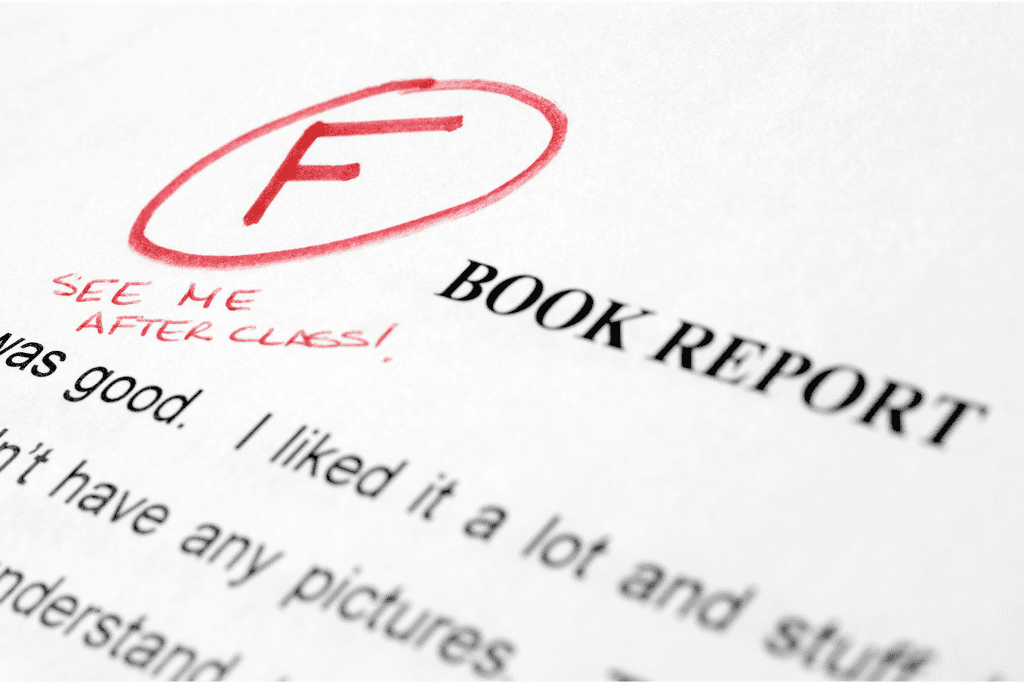Addiction to social media among today's young people is a very real problem. Not only does it affect their mental health, it can also affect relationships and school performance. Here are some common reasons why. Millennials: The millennial generation is the most likely to become addicted to social media. They enjoy sharing their interests and experiences with others, believing that sharing will help them express themselves. They also like to show off and receive likes and comments from others. Despite this, they are mortified when they miss important information that they may otherwise have gotten through.
Addiction to social media affects other areas of life
The addictive nature of social media is especially evident in the younger generations. It can affect the functioning of other areas of one's life. For example, the constant use of social media can interfere with relationships. Teenagers often fail to maintain commitments to friends and partners. Constant use of social media also deprives a person of attention.


Addiction to social media can lead to negative feelings, including anxiety and depression. In addition, it can lead to substance abuse and other harmful behaviors. Teens can get addicted to the social media world because the positive feedback creates a dopamine "high," a chemical that regulates pleasure. This "high" can lead to a cycle of self-destructive behavior.
Moreover, addiction to social media also affects other areas of life, including sleep, relationships, and work. Sleep problems are one of the most common effects of social media use. Disrupted sleep can worsen symptoms of anxiety and depression.
It affects mental health
Addiction to social media among today's young people has been linked to mental health problems. Specifically, the use of social media can cause a negative self-image, lead to negative thinking, and lead to an increased likelihood of substance abuse. However, despite these problems, social media has numerous positive benefits as well.


According to the Centers for Disease Control and Prevention, the number of youths who attempt suicide is on the rise. The American Academy of Pediatrics offers tools and tips for reducing social media use among teens. Some of these measures include setting a curfew, implementing a "screen-free" room, and preventing young people from using social media when they are alone.
Several studies have found a link between youth's use of social media and depression. Those who spent at least three hours a day on social media were twice as likely to experience depressive symptoms. In addition, those who spent more than three hours a day on social media were more likely to internalize negative feelings about themselves and experience loneliness.
It affects relationships
Research on social media addiction among youth suggests that it may affect the quality of romantic relationships. It has also been found that social media use is associated with higher depression, anxiety, and stress, as well as less satisfaction with relationships. However, there are still questions regarding the causal relationship between social media use and the quality of relationships.


Addiction is a relative term. It can be used too broadly, so it's important to understand the difference between the actual addiction and the actual usage of a product. Most teenagers today are active on at least one social network. And nearly half of them spend the majority of their time online.
Teen depression is a serious issue. The increasing use of social media has made the teen population particularly susceptible to peer pressure, which can cause depression. Teenagers also use social media to fill a void in their lives, often creating a virtual identity to meet their needs. However, this virtual identity can lead to loneliness and isolation, which only serves to deepen the depression. A recent Pew Research survey indicated that ninety percent of parents are aware of what their children post on social media.
It affects school performance
Addiction to social media is on the rise among youth, and it can have a negative effect on school performance. Teenagers are more likely to compare themselves to others on social media, which can affect their energy levels and self-esteem. Girls, in particular, are likely to be distracted by their phones. Preoccupation with their phones can also lead to procrastination, which interferes with academic performance. Additionally, teenagers can become bored in class without interacting with their teachers.


There are several potential negative effects of social media addiction, including poor relationships with family and friends. Adolescents who spend extended periods of time online are more likely to have poor relationships with their siblings. Youth with poor relationships with parents and siblings are also more likely to engage in social media use. Additionally, those who don't turn off their smartphones at night are more likely to develop pathological tendencies that can negatively impact their academic performance.
The study also uncovered that students who have disabilities are more likely to become addicted to social media and the Internet. This is one reason why universities should focus on improving students' social skills by hosting face-to-face events and promoting activities that bring students together with others. Student-to-student social interactions should be encouraged through orientation programs, travel programs, and meetings with alumni. Club mashups are also a great way to promote social connections in the university setting.
Written by VeniVidiVideo
Thomas
October 21, 2022 at 8:01 pm
Your Blog quality is awesome. I am enjoying the article .